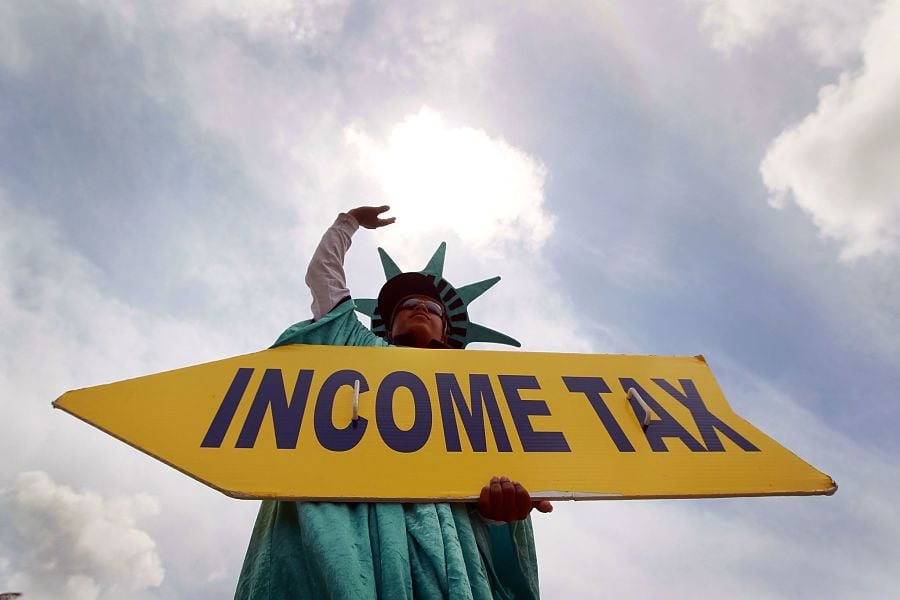

Every working American is probably aware that April 15 is the deadline for filing federal and state income tax returns. But not in 2023. This year, it’s April 18 — except for New Yorkers (mainly upstaters) walloped by winter storms for whom it’s May 15; tornado-ravaged residents of Mississippi, who must file by July 31; and residents in parts of Alabama, California and Georgia affected by other recent natural disasters, who have until Oct. 16.
This year’s April 18 deadline, by the way, is the result of April 15 falling on a Saturday and Sunday, April 16, being Emancipation Day, the date in 1862 when slaves in the District of Columbia were set free. Since that holiday is celebrated Monday, April 17, and federal government offices will be closed, April 18 is this year’s April 15.
Complicated? Well, why should tax-filing day involve any less complexity than our nation’s tax code? As knowledgeable guides through investment-related aspects of the tax maze, financial advisors are important helpers to millions of Americans.
Most advisors do a great job reminding clients to save through tax-advantaged workplace retirement plans, investigate health savings accounts, consider Roth IRA conversions and keep accurate records for capital gain and loss purposes — among the dozens or more of tax-related suggestions they make all year long.
But as worthwhile and effective as their efforts are, there is probably a good chance that by the time April 15 (or April 18) rolls around, advisors are tired of making tax-related suggestions, tired of client complaints about taxes, and disgusted that efforts to make the tax code and tax filing simpler and easier never go anywhere.
Don’t despair. For tax-weary advisors, here are three tax insights you can pass on to clients when you’ve exhausted all the customary ones:
Tax insight No. 1: Nobody pays their fair share of taxes. That’s the consensus of rich people who feel poor people don’t pay what they should, poor people who believe rich people get away with murder, and the beleaguered middle class, which is convinced it pays for everything.
Tax insight No. 2: Don’t wish for lower taxes in retirement. Lower taxes in retirement are directly correlated to lower income. Cruises? A nice dinner? Gifts to grandkids? Not if you’re living on less.
Tax insight No. 3: Lower-tax states aren’t necessarily nirvana. Having greater after-tax income is terrific, but it’s not the only thing in life. If living in a higher-tax state means having access to things that are important to you (i.e., grandchildren, good doctors, a great library), paying more in taxes may be a worthwhile trade-off.
By the way, April 18 is also Tax Freedom Day, which is calculated every year by the Tax Foundation. In the 1940s, the business group wanted to find out when the average American worker would get to keep any of their own money if they sent their entire paycheck to the government starting Jan. 1. If it’s any consolation, Tax Freedom Day has fallen right around April 15 since 1970, consistently reflecting an average tax burden of around 30%.

Relationships are key to our business but advisors are often slow to engage in specific activities designed to foster them.

Whichever path you go down, act now while you're still in control.

Pro-bitcoin professionals, however, say the cryptocurrency has ushered in change.

“LPL has evolved significantly over the last decade and still wants to scale up,” says one industry executive.

Survey findings from the Nationwide Retirement Institute offers pearls of planning wisdom from 60- to 65-year-olds, as well as insights into concerns.
Streamline your outreach with Aidentified's AI-driven solutions
This season’s market volatility: Positioning for rate relief, income growth and the AI rebound
